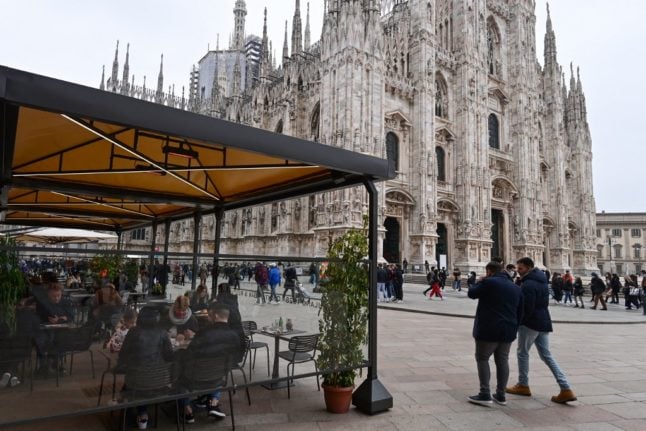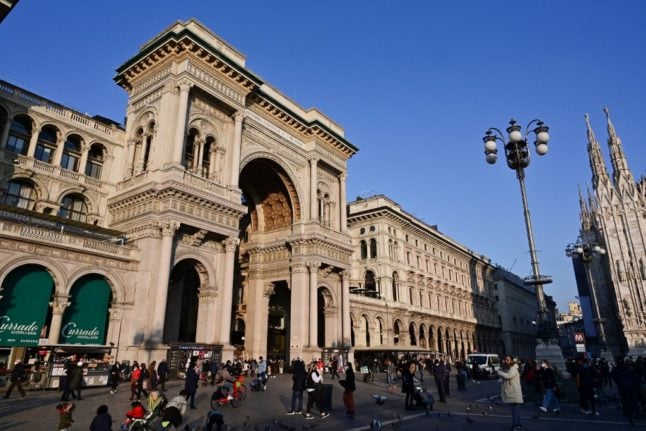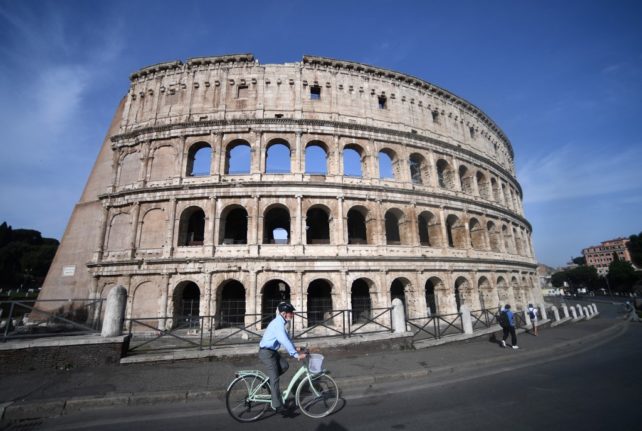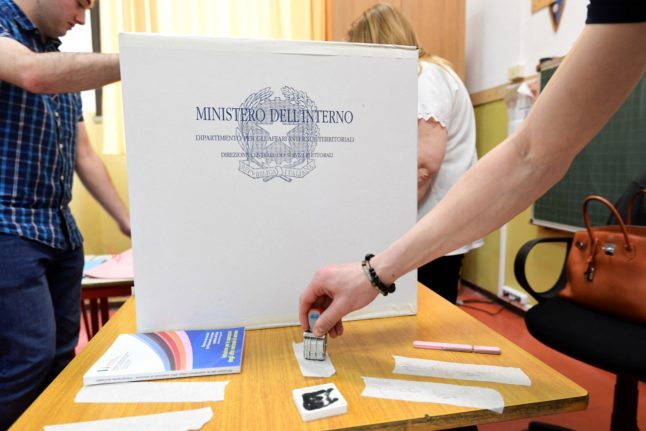With its stunning landscapes, good weather and culinary delights, Italy is often seen as a place where life is generally easy and relaxed.
But according to the latest study from InterNations, an information and networking site for people living overseas, life in some parts of the country is much less sweet than some people may think.
The 2022 Expat City Ranking has this year once again rated the Italian cities of Rome and Milan among the ten worst to live in worldwide for foreign nationals.
The ranking, based on a survey of nearly 12,000 international residents, placed Rome and Milan 41st and 44th out of 50 respectively this year, after publishing similarly dismal findings in previous years.
Both cities were again ranked very poorly in the Working Abroad index (which looks at career prospects, job security, work-life balance and work satisfaction) and in the Admin Topics category (mostly related to the overall performance of local administration offices).
READ ALSO: Rome vs Milan: Which is the best Italian city for students?

Rome and Milan shared the bottom of the table with Frankfurt, Paris, Istanbul, Hong Kong, Hamburg, Vancouver, Tokyo, and Johannesburg, which ranked last, earning the unenviable title of ‘worst city to live in 2022’.
At the other end of the scale, Valencia (1st), Dubai, Mexico City, Lisbon and Madrid were named the five best cities to move to.
Here’s a more in-depth insight into how Rome and Milan each fared in the ranking.
Rome
Rome (41st overall), performed poorly in the Career Prospects and Job Security categories, where it ranked 46th and 45th respectively.
According to the survey, 38 percent of expats living in Rome were unhappy with the local job market, whereas 24 percent stated that moving to Italy’s capital had not improved their careers.
Things were even worse in the Admin category, where Rome came last worldwide.
Here, respondents reported significant difficulties in trying to get a visa, opening a bank account or dealing with local bureaucracy, with many lamenting the lack of online government services and information.
READ ALSO:
- Six things foreigners should expect if they live in Rome
- ‘Why I used to hate living in Rome as a foreigner – and why I changed my mind’
Finally, Rome ranked 41st for quality of life, with over one in three respondents reporting being dissatisfied with local transport services and 28 percent reporting issues with trying to access healthcare services.
On a more positive note – perhaps, the only one – Rome did well in the Ease of Settling In index as three in four expats said that they felt at home in the city and had managed to make new friends.
Milan
Like Rome, Milan (44th overall) fared poorly in the Working Abroad index. In particular, the northern city ranked in the bottom five for both work-life balance (46th) and working hours (48th).
On top of that, over one in four respondents didn’t feel that they were being paid fairly for their work, which contributed to the city ranking 46th in the Salary category.

Milan performed better than Rome when it came to perceived quality of life, ranking 33rd overall.
That said, it still registered a number of lows. Notably, the city came 40th in the Environment and Climate category, with over half of respondents (54 percent) reportedly unhappy with air quality – the global dissatisfaction rate stands at 19 percent.
About one in three were also unhappy with their personal financial situation and felt that their income wasn’t enough to lead a comfortable life.
Local administration was almost as big a problem in Milan as it was in Rome as the northern city came 48th in that category.
READ ALSO: The best (and worst) places to live in Italy in 2022
As many as 66 percent of respondents said they found it hard to deal with Milan’s bureaucracy, compared to 39 percent globally.
While Italy’s biggest cities, especially the capital, often come out poorly in quality of life indexes, smaller towns and cities generally score much better.
The northern cities of Bolzano and Trento are regularly named by Italian rankings as the best places to live in Italy, with Florence and Bologna usually featuring near the top too.



 Please whitelist us to continue reading.
Please whitelist us to continue reading.
Member comments